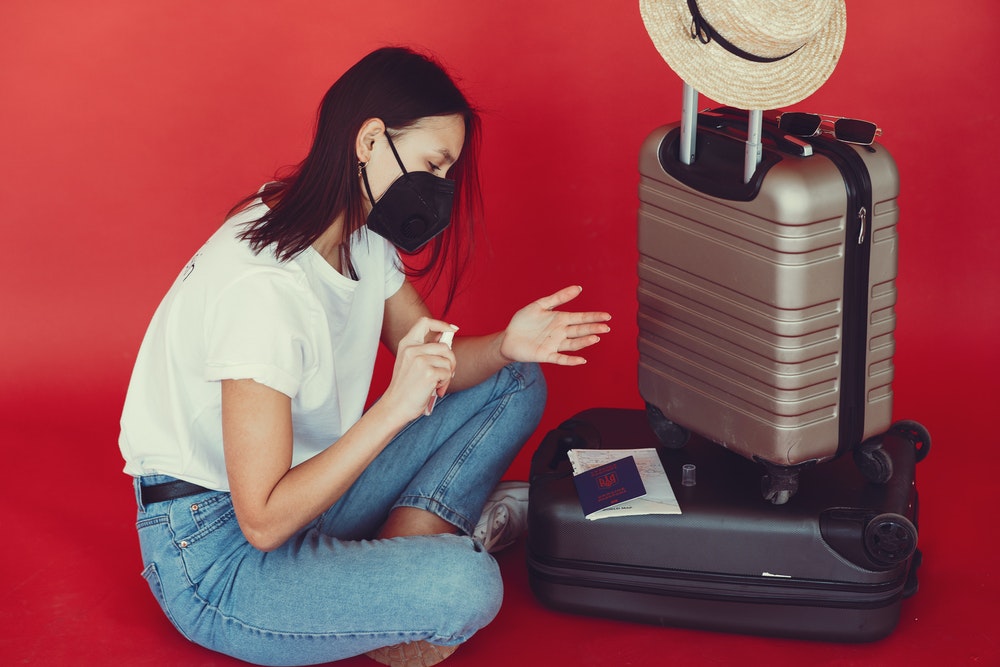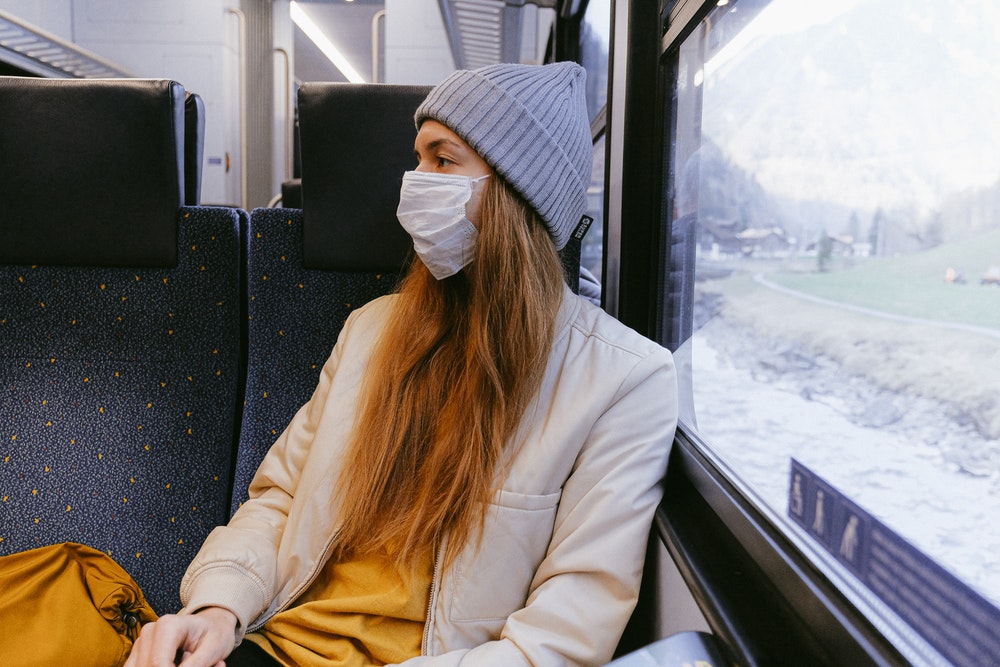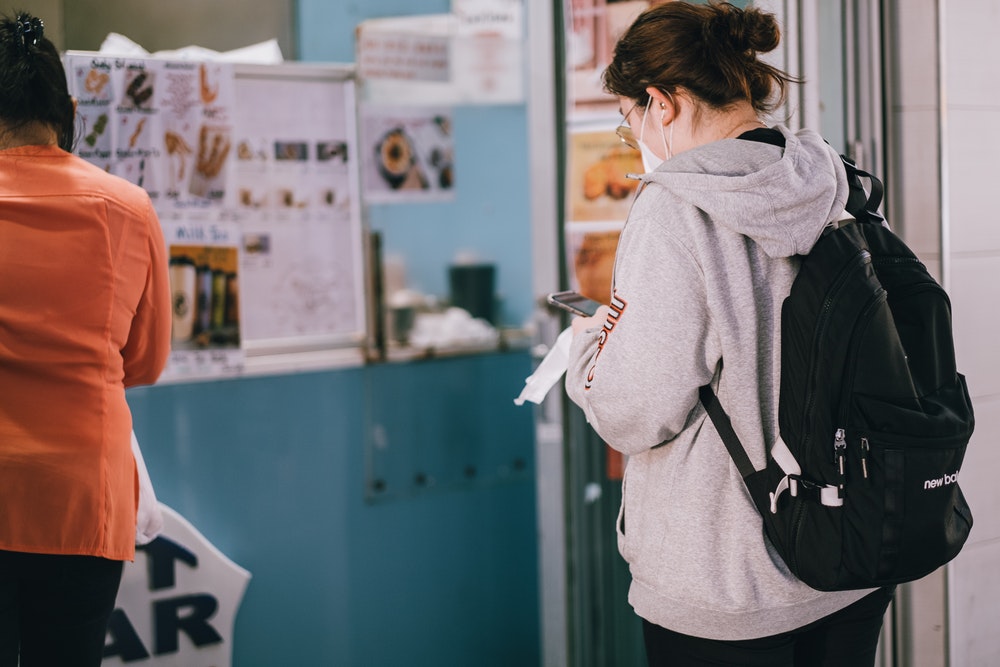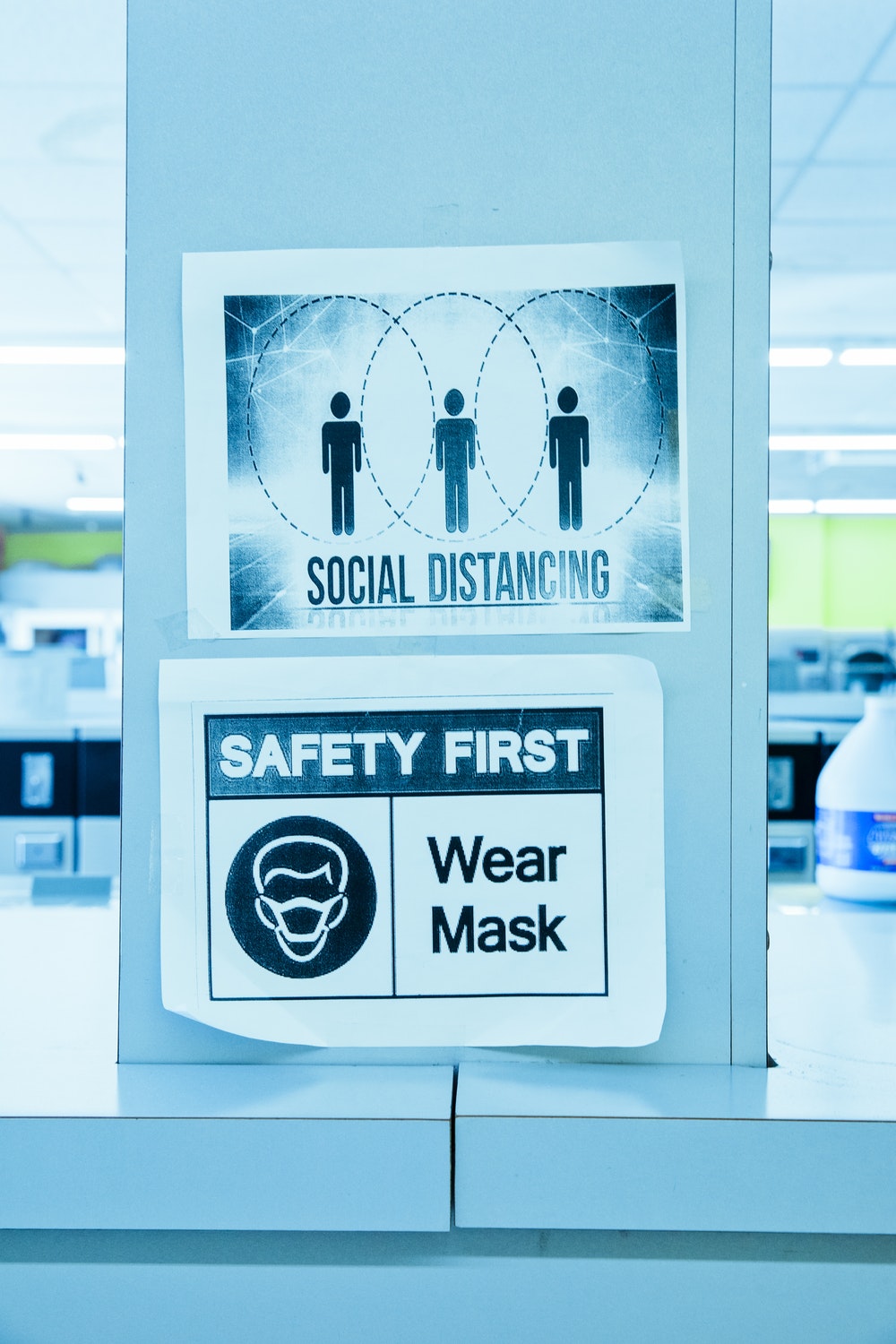Travelling during the pandemic? Here are the things to take into account
Non-essential travel is still not recommended in many places.
But there are situations when you have to travel no matter what.
And then there are also places where it’s kind of safe (though, unpredictable) to travel as of recently. Just to be clear, with this article we are not encouraging anyone to travel right now. But if you are travelling or you have to travel right now, here is a list of our recommendations for you.
The number one tip? Be flexible.

Travelling during the pandemic: Our top tips
If you’ll be travelling soon, here are the things to take into account.
Or, if you’re booking a trip at the moment.
1. Find out what are the entry requirements
This should be the very first thing you do.
Definitely double check it before the flight.
Because the requirements may have changed.
And you may need a visa now, even if you didn’t need it before. If you need it, find out if you can get it. Right now in some countries travel is permitted for certain purposes only, and tourism may not be among them.
Do you need to provide a proof of onward travel?
Do you have to quarantine for some period of time once you arrive?
Do you need to take a COVID-19 test before arriving or at the arrival?
2. Do you need to take a COVID-19 test?
Check what are the requirements.
At the moment some countries require their visitors to provide a negative COVID-19 test in order to be allowed into the country. And then there are also countries that do testing on arrival. In some situations you may also be asked to do a 14-day quarantine at your own expenses. Make sure you know the rules, and follow them.
The better you’re prepared, the better will be your trip.

3. Get yourself a travel insurance
Travel insurance is a must, no matter where and when you go.
In these times of uncertainty a good travel insurance will give you what you need the most, the ability to be flexible. You will be able to adjust your travel plans, if things go wrong. At the same you will not have to pay for all these changes from your pocket.
You never know what is going to happen, and when.
Pay attention to the rules, though.
And let’s not forget about your health.
Trust me, if you get in an accident or get sick, you will be glad you paid those extra €20 - 100 (depends on the country of origin and insurance policy). As medical bills can be very costly, especially in the US.
3.1 How to choose the best travel insurace for yourself?
Contact your bank first.
You may have an insurance included with your debit or credit card.
Check your local insurance companies.
Make sure to check what is covered and what is not.
Compare the prices.
Also, make sure if the particular insurance policy covers necessary range of activities. If it’s just a leisure or business trip, the standard plan will be enough. Find out if the insurance you’ve chosen will cover the expenses of a new ticket in case of flight cancellation or travel delays that are out of your control.
Pay attention to the COVID-19 policy.
If the government of your home country advises against travel to your destination country, you most likely won’t be covered for costs associated with the coronavirus. But you will be covered for costs associated with other medical expenses.
3.2 What about the European Health Insurance Card?
If you’re from the EU, and you’re travelling within the EU, get the EHIC.
You can get it in your home country for free.
With it you can get treatment for free or at a reduced cost, just like any citizen of the EEA country you are travelling to would. Please note, that the EHIC does not cover certain costs such as repatriation and private healthcare. Also the card won’t cover expenses, if the person travels for the purpose of obtaining medical care.
Remember, the free EHIC is not an alternative to travel insurance.

4. Book your flights directly from the airline
Especially, when the price difference is insignificant.
Because this way you’ll be better protected, if things change.
And if your flight is delayed or cancelled.
If your flight will be cancelled, it’s likely that the airline will deal with the situation faster than the third party you may have bought your ticket from. Partly because there are very specific rules in place in the EU, that cover also flights that are cancelled due to extraordinary circumstances.
The airline will put you on another flight or offer you a refund.
In fact, you’ll have a choice between the two.
5. Pay attention to the cancellation policy
It’s a must now and gonna be for a foreseable future.
This applies to whatever you plan to book now.
Make sure to check out the cancellation policy, so you know what are the terms under which a reservation or booking may be cancelled; and will there be any penalties by doing so. Pay attention also to the change policy. When offered with a choice, choose a service that comes with more flexibility.
Imagine the following situation — your flight is cancelled, and you have to cancel everything you have booked in advance: accommodation, transportation, possibly a connecing flight (if it's a self transfer flight) and even activities.
If all of these would be non-refundable bookings - you wouldn’t get back any of your money. And that would be sad. If only your travel insurance covers them. Don’t take risks, make bookings that give you more flexibility.
In any case, if it has already happened, and even if your bookings are non-refundable, it’s always worth contacting the help desk.
You may be offered to change the dates.
Or given a refund, as an exception.

6. Always have a plan B
Always have a plan B to fall back on.
It’s more than clear that you can’t predict everything, and learn everything about all the options, but it’s worth doing at least a very short research. Just so you have an idea, how to return back home, if you can’t go the same way you came. If, for example, your flight is cancelled or some borders are closed.
What are the overland travel options? Is there a bus or train? Or maybe a ferry?
Can you travel back via some other country?
Be prepared that you may have to go back home earlier.
Or be prepared to get stuck abroad for a while.
7. Do you need to self-isolate when you come back?
It’s better to assume that you may have to do that.
As current events show, situation may change overnight. One day it might be safe to travel in some country, and completely the opposite - the other day. So, if you’re travelling abroad, know that upon return you may be requested to self-isolate for something like 14 days.
Why? Because you may have been exposed to someone with COVID-19.
And if the situation in your destination becomes bad very quickly, your country may decide to put it on the list of “unsafe countries”, and may request you to self-isolade upon the return.
In this case you must adhere to the rules and stay at home.
Let’s not be selfish and not put others at risk.
8. Follow the rules
When planning a trip and travelling.
When coming home.
Wear a mask if you have to. Definitely wear one if you're feeling unwell. Don’t go to places it’s not safe.
Know the rules and follow them as good as you can.
The better we all do together, the faster we’ll win the COVID.

When this crazy pandemic hit our world with the proverbial sledgehammer, no one really expected it to be as bad as it turned out. On the bright side, all this situation has taught us some very important lessons.
To appreciate the little things.
And to think about our safety and health more.
Safe travels!